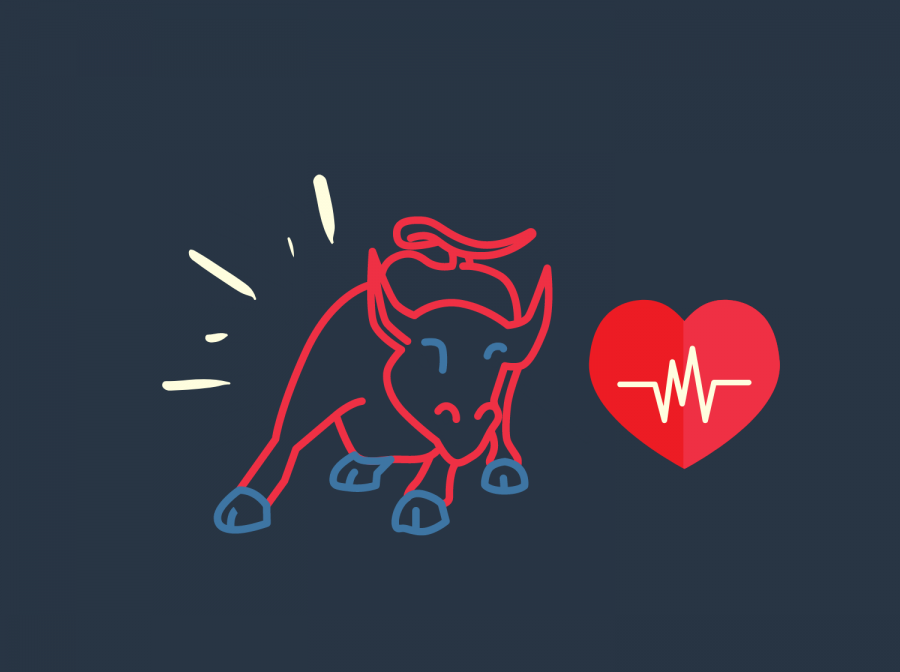Red Bull: it’s time to change your demographic
Saturday afternoon, while I had Spotify open on my desktop, an advertisement caught my attention. It was a conversation between two college students. One of them asked the other about her progress on a few different assignments. The student quickly answered, then gave a confident “check!” How did she manage to finish all of those tasks so promptly? Red Bull, of course!
Since its release in the eighties, Red Bull has transformed into the worldwide number one energy drink. Its top consumer demographic? Youth. Energy drink marketing widely targets this group, often capitalizing on teens’ desire to meet the demands of high school and college.
While working in the college town of Ann Arbor, Mich., A Ph.D. student in public health and higher education found a “bulk deal” ad for Red Bull in a storefront with the tagline: “Nobody ever wishes they’d slept more in college.” A student in the ad is shown multitasking.
We cannot ignore the danger of this kind of advertising. Red Bull argues that it’s acceptable — in fact, favorable — to sacrifice sleep and indulge in energy drinks for another finished assignment.
Sleep is critical for academic success. It improves memory, attention, abstract-thinking, problem-solving, attitude and more. In terms of age, college is a vulnerable time for depression and anxiety. According to Sarah Ketchen Lipson, the previously mentioned Ph.D. student, one in three students experience significant mental health problems during their college years. Adequate sleep prevents such issues.
Routinely substituting energy drinks for a full night of rest clearly hinders important cognitive development. But it doesn’t stop there. Energy drinks by themselves endanger cardiovascular health in teens — primarily because they’re not regulated by the FDA.
The FDA does not require these companies to inform customers of caffeine content. Some brands will choose to provide this information on nutrition labels, but not accurately enough for consumers to assess risk. Taurine — a common additive — actually increases the effect of caffeine. Energy drink conglomerates may omit this key fact. And without any regulation on its ingredients, an energy drink can easily contain significantly more caffeine than a cup of coffee.
As stated by the Canadian Journal of Cardiology, adults can safely consume one can of energy drink per day. The American Academy of Pediatrics advises that children and adolescents never consume energy drinks.
The effects of a single Spotify ad or poster can be long-lasting. Exposure to unhealthy messages teaches children the wrong image of adulthood. A part of growing up is learning how to manage time effectively — and having the discipline to complete work when it’s scheduled to be completed. Maturity is also choosing the amount of commitment one can reasonably handle. If we emphasize these ideas among aspiring scholars, repairing the damages of toxic media, only then nobody will wish they’d slept more in college.





